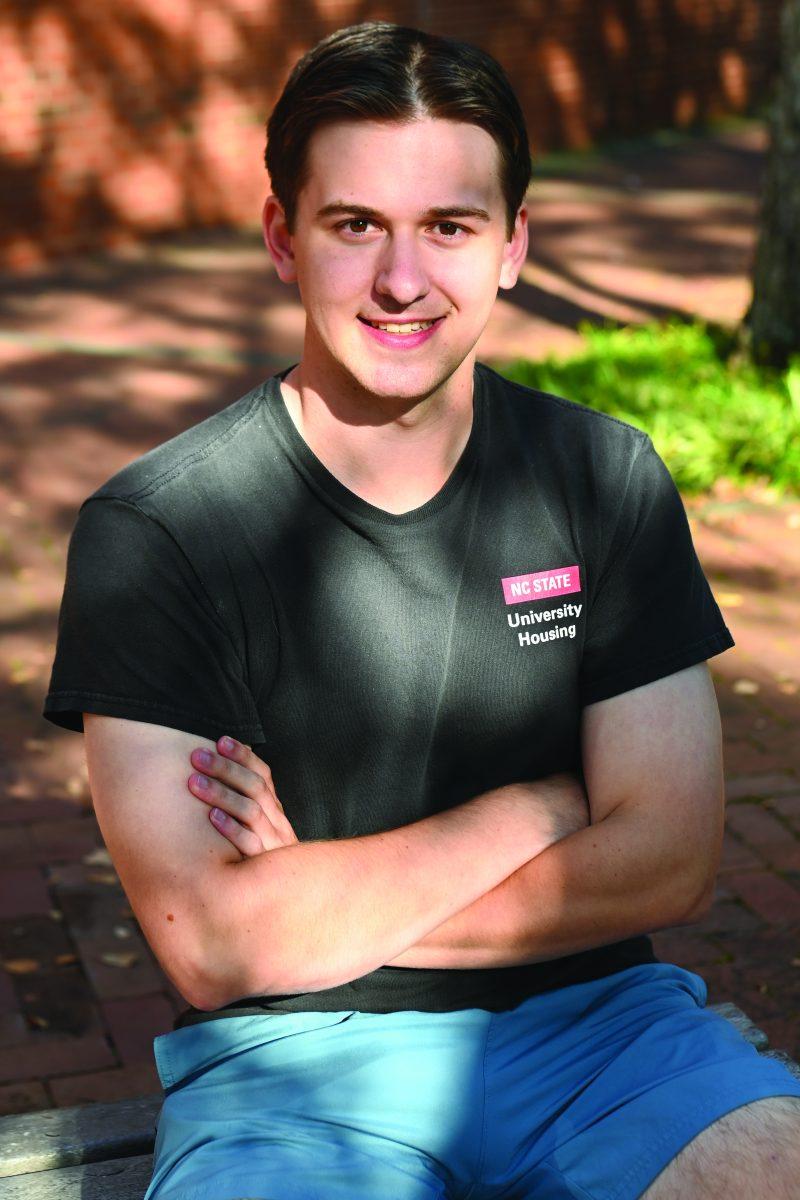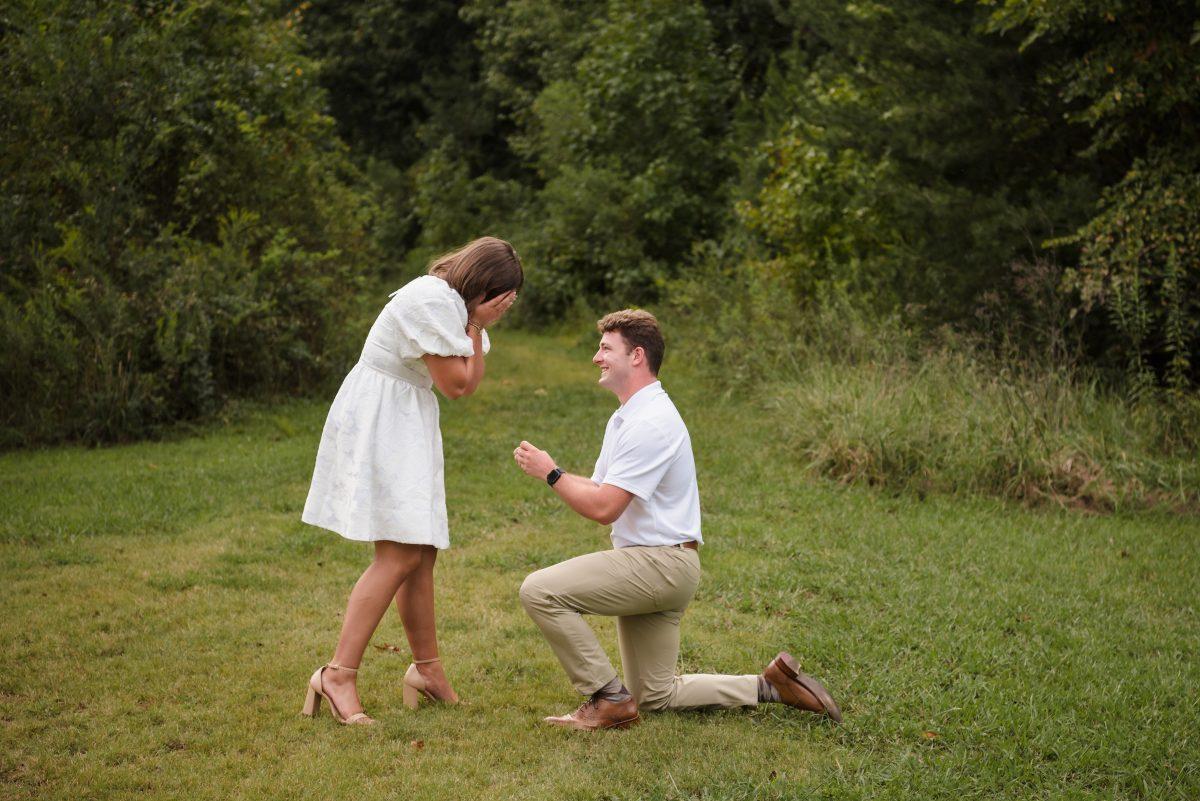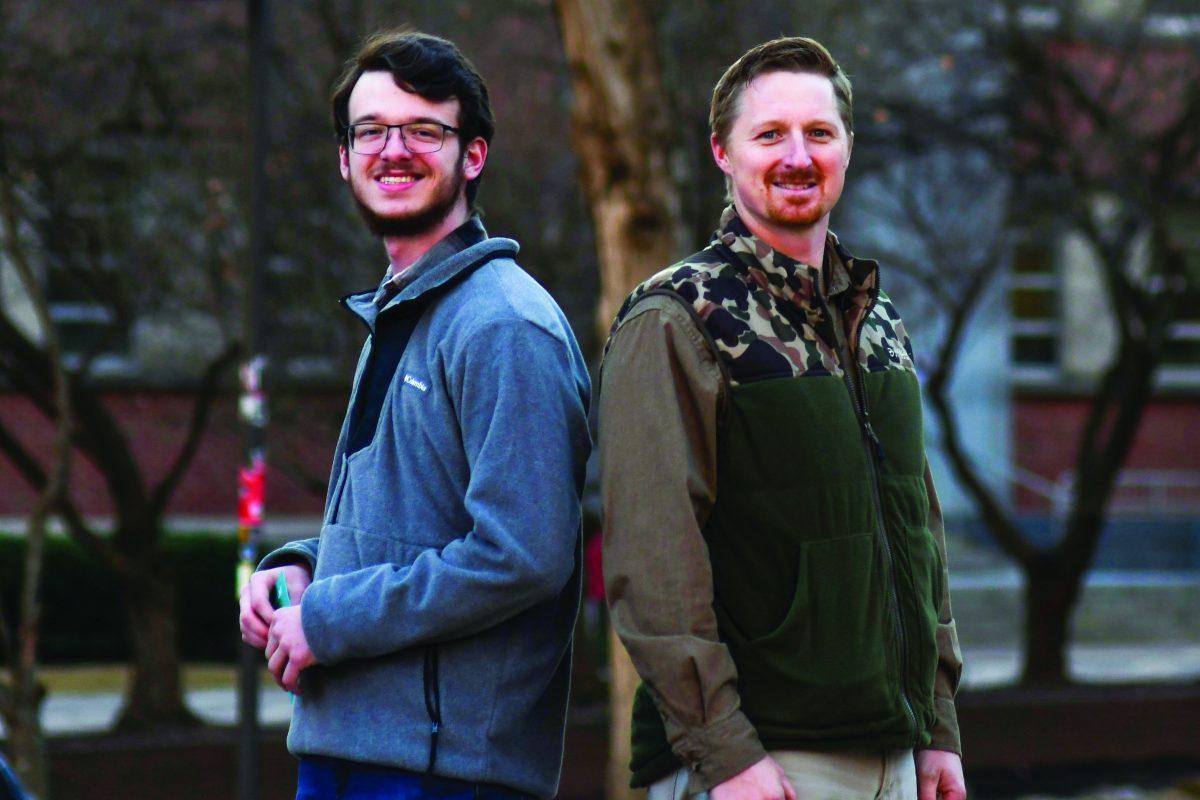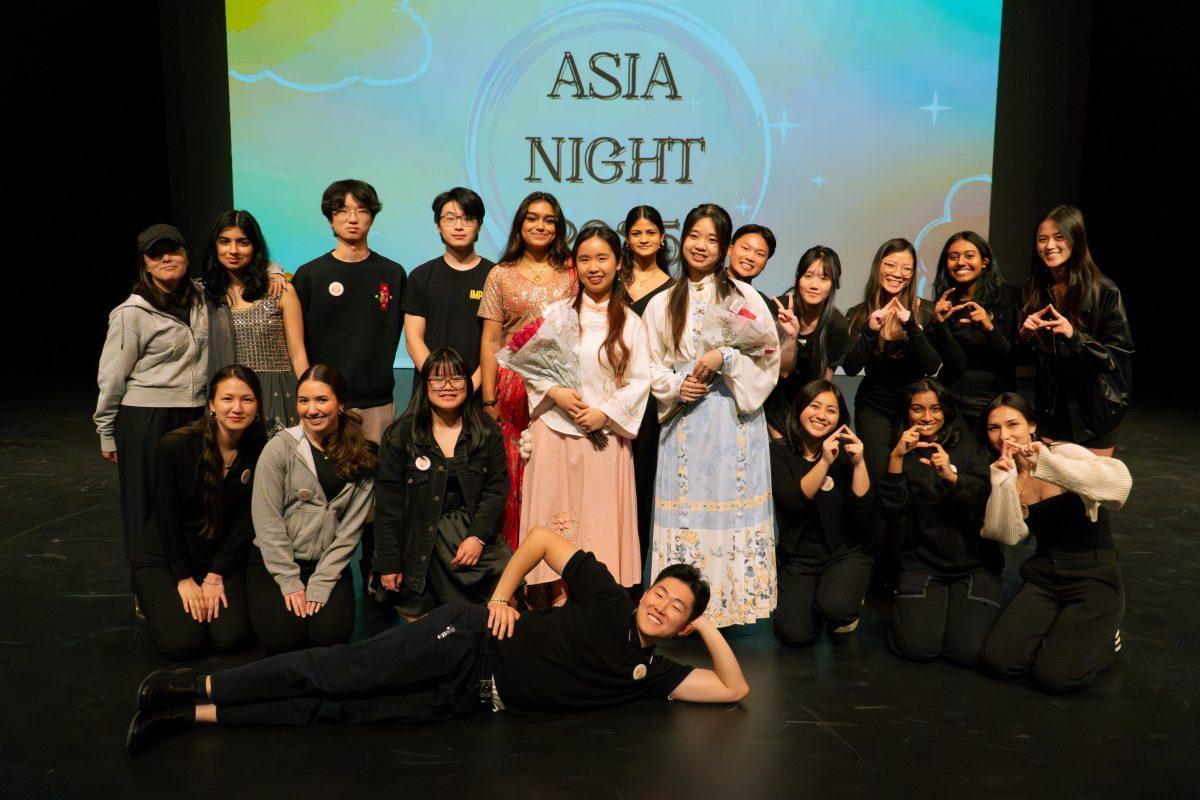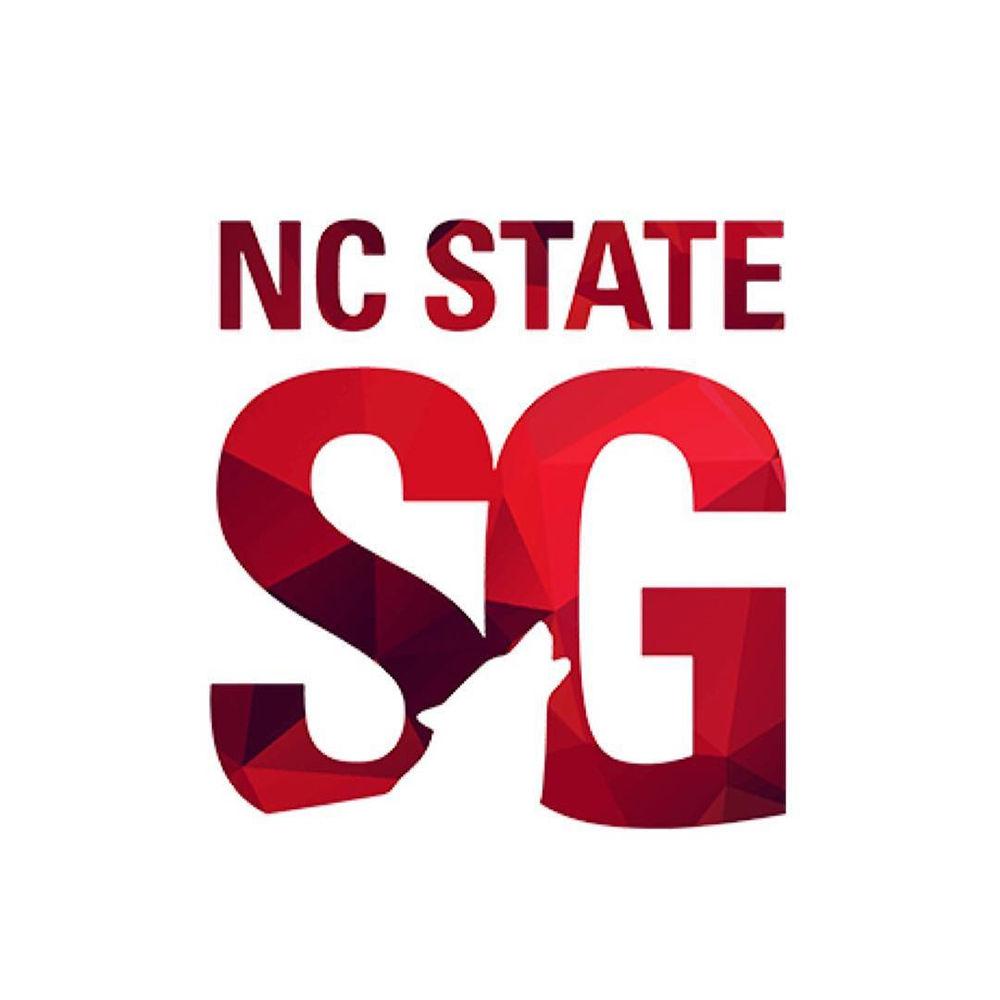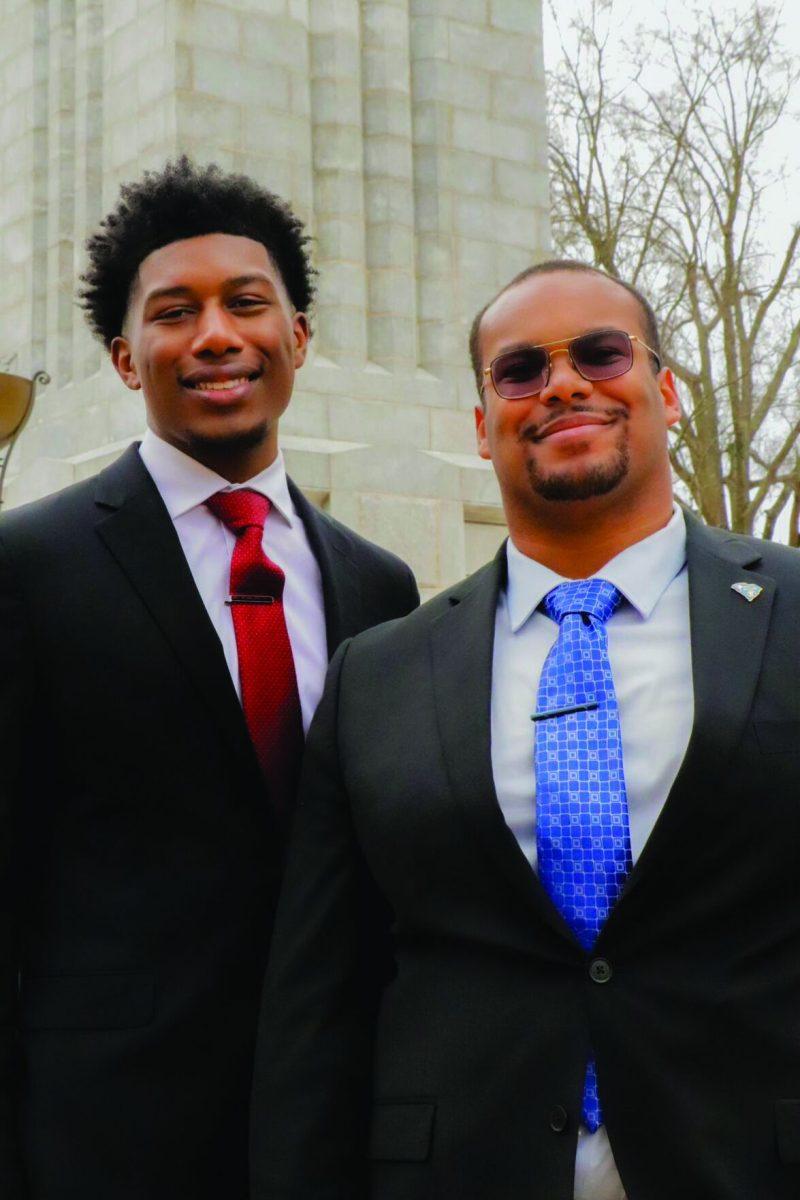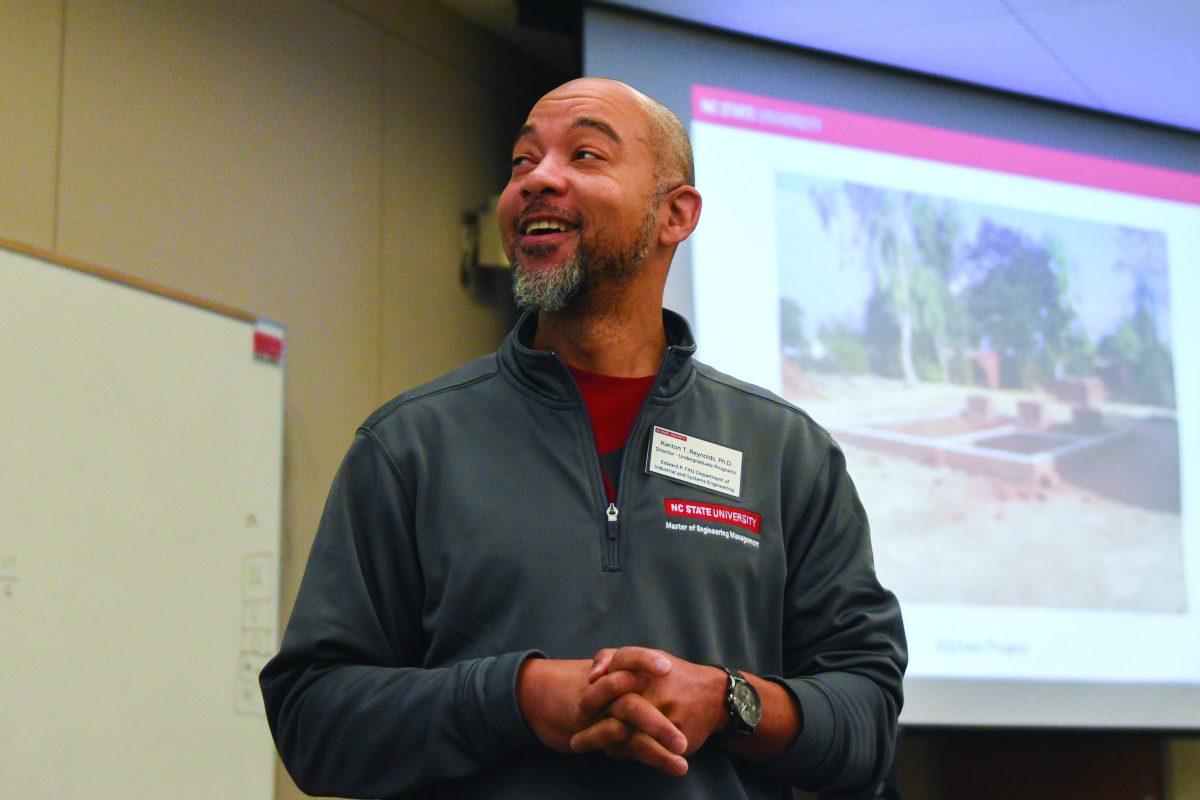Call them the future of higher education, medicine or research. Regardless of what they stand for, graduate students contribute to academia and the future as a whole through their studies. Their work today determines the identities of future academic and field experts.
Combine that work with the fact that in 2020, nearly 80% of registered NC State students came to the polls, it’s clear that as they continue to vote, grad students’ impact ripples beyond academia, deep into the political.
Brian Carss, a graduate student studying communication, has been at NC State since his undergraduate years, but his love of history and politics predates his arrival at NC State, stretching back to high school.
It’s his love of politics that helps Carss stay informed during election years. During the 2016 election, Carss said Donald Trump caught his eye as an interesting candidate.
“At the time, I was like, ‘Oh, you know, he’s something new,’” Carss said. “Maybe it’ll be good.”
Carss said one important question he keeps in mind during electoral years is, “Are you better off than you were four years ago?”
“I was taking classes at home because we got sent off campus, and Trump was flown to the hospital because he got COVID, and the economy sucked and there was all this debate over stimulus checks,” Carss said. “I feel like people have kind of forgotten what four years ago was actually like compared to now.”
Carss said for him, the answer to this question was simple. Things were bad.
“I think it’s good that maybe we have increased standards now, but I still think we need to have some perspective,” Carss said. “When Biden took office, things were really bad.”
As we move into a new electoral year, Carss plans to vote for Vice President Kamala Harris. He said while he leans liberal, his position stems more from a shifting of Republican ideals.
“I tend to lean toward the liberal side,” Carss said. “I usually vote for Democrats, not all Democrats, but usually Democrats. I think a lot of it the past couple of years has come more out of feeling like Republicans have moved away from where I am, especially since Trump has been elected.”
While Carss supports Harris’ views, he said the election is also about preventing Trump from reentering office.
“Every election, every politician says this is the most important election of their lifetime,” Carss said. “I do think it’s kind of an inflection point, though, because we’ve seen some Democratic backsliding in the US and abroad the last couple years.”
Carss said Harris’ policies made him feel “confident” compared to Trump’s.
“You hear [people] talk about Project 2025 a lot,” Carss said. “How much of it will actually happen? What if stuff in it happens? What does that mean, versus the more certainty you get with Harris and just a continuation of, not perfect, but policies where I feel like we have good stability, and I can feel confident in where I’m going in life.”
In 2018, a surge of student voting during midterms proved hopeful for future elections, but a decline in student voting in 2022 seemed to prove that student turnout isn’t staying high.
Despite this, graduate students vote more often than undergraduates, with 45% of graduate students voting in 2018, a number nearly 10% higher than that of undergraduates.
Carss said he believes the decision to return to school informs grad students’ views, which he believes are, on average, more liberal.
“If you’re in grad school, you’re exposed to more ideas, more points of view,” Carss said. “I think being exposed to more people tends to make people change their worldview a little bit.”
Carss said regardless of views, graduate students need to vote.
“A lot of people come to grad school looking for jobs, looking for more money,” Carss said. “And I think the current stability we have right now is very important for that.”


